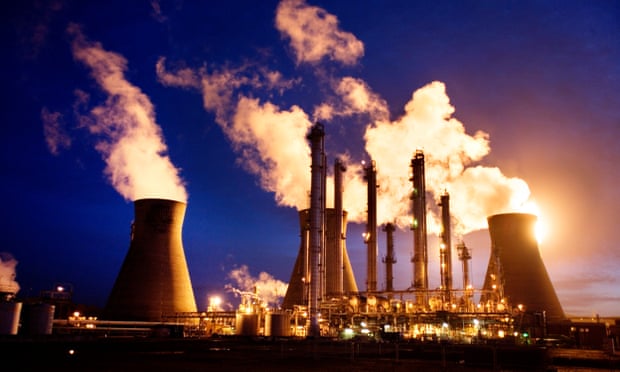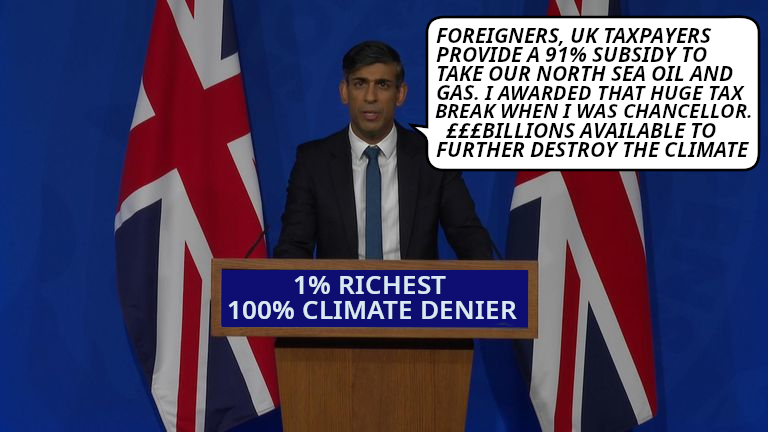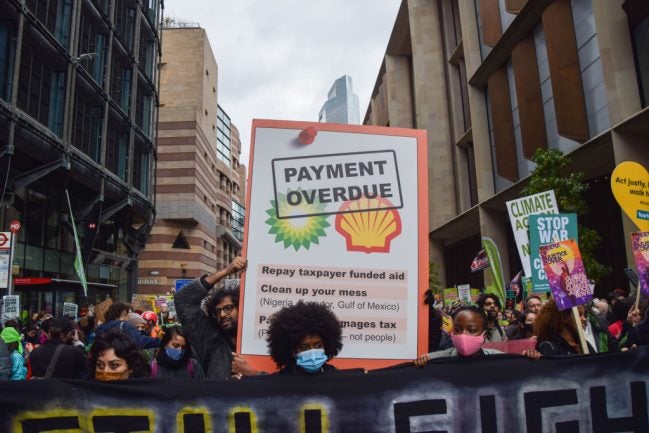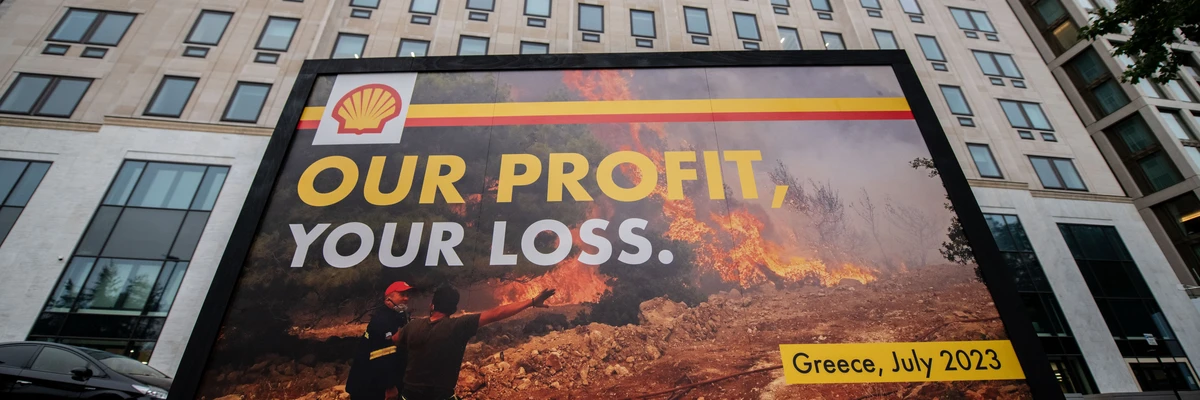Report Outlines Which Companies Are Most Responsible for Climate Crisis
Original article by THOR BENSON republished from Common Dreams under Creative Commons (CC BY-NC-ND 3.0).
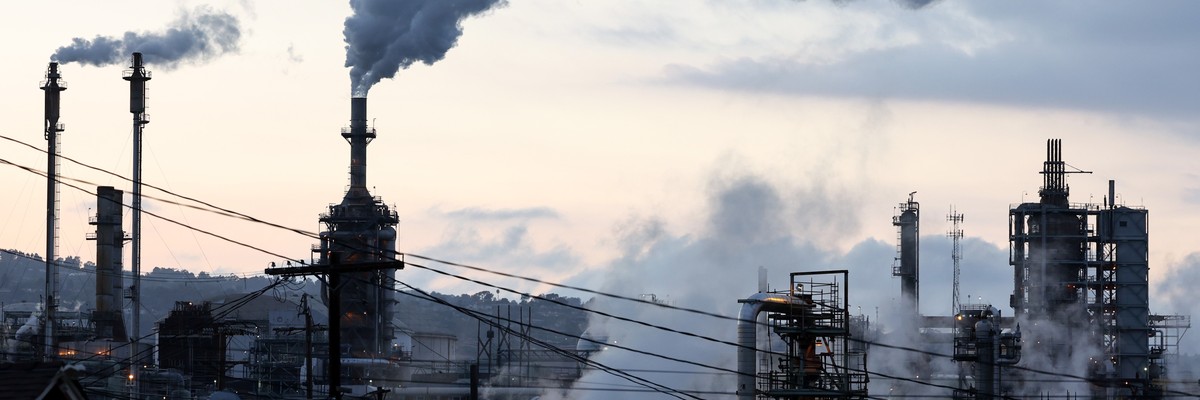
“It is morally reprehensible for companies to continue expanding exploration and production of carbon fuels in the face of knowledge now for decades that their products are harmful,” said Richard Heede, who established the Carbon Majors dataset.
A report released by Carbon Majors on Thursday says that 57 companies were responsible for 80% of the world’s CO2 emissions from fossil fuel and cement production between 2016 to 2022.
Saudi Aramco, Russia’s state-owned energy company Gazprom, and state-owned producer Coal India were at the top of the list. Carbon Majors has been keeping track of which companies are contributing the most to the climate crisis since 2013.
“The Carbon Majors research shows us exactly who is responsible for the lethal heat, extreme weather, and air pollution that is threatening lives and wreaking havoc on our oceans and forests,” Tzeporah Berman, international program director at Stand.earth and chair at Fossil Fuel Non-Proliferation Treaty, said in a statement. “These companies have made billions of dollars in profits while denying the problem and delaying and obstructing climate policy.”
The report states that nation-state producers account for 38% of CO2 emissions in the database. That’s the highest percentage of any of the types of companies listed in the database.
“The Carbon Majors database finds that most state- and investor-owned companies have expanded their production operations since the Paris agreement. Fifty-eight out of the 100 companies were linked to higher emissions in the seven years after the Paris agreement than in the same period before,” the report reads.
In terms of investor-owned companies, Chevron, ExxonMobil, and BP contributed the most to CO2 emissions. ExxonMobil alone was responsible for 3.6 gigatons of CO2 emissions over a seven-year period.
“It is morally reprehensible for companies to continue expanding exploration and production of carbon fuels in the face of knowledge now for decades that their products are harmful,” said Richard Heede, who established the Carbon Majors dataset, told The Guardian. “Don’t blame consumers who have been forced to be reliant on oil and gas due to government capture by oil and gas companies.”
Original article by THOR BENSON republished from Common Dreams under Creative Commons (CC BY-NC-ND 3.0).
